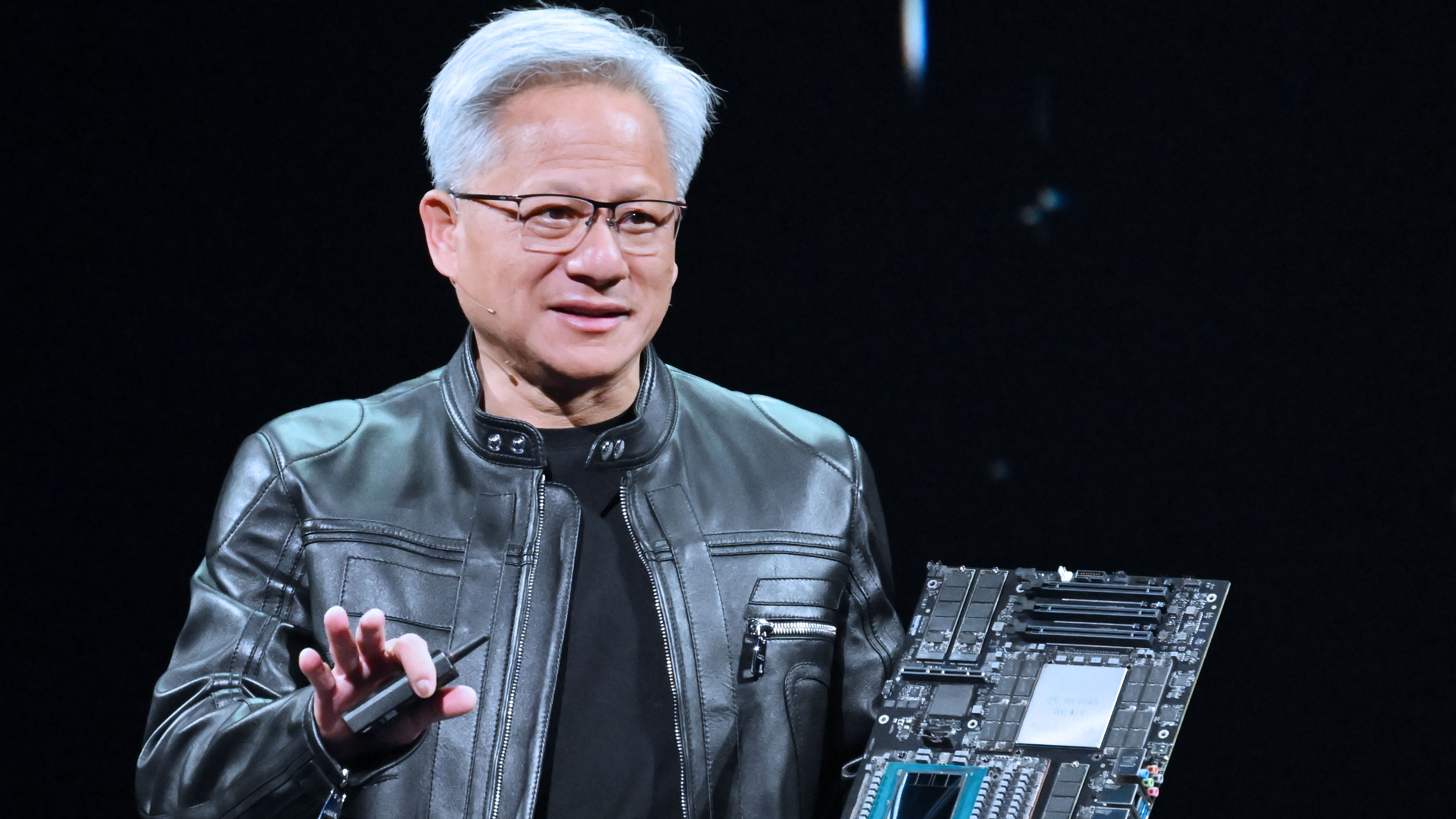Nvidia's China Market Share Plummets Amid US Chip Restrictions, Says Jensen Huang
 United States
Business & Finance
United States
Business & Finance

Nvidia CEO Jensen Huang says U.S. chip export controls have slashed Nvidia's China market share. He warns the U.S. risks losing its AI edge.
Nvidia's China Market Share Impacted by US Chip Restrictions
Nvidia CEO Jensen Huang has voiced strong criticism of the U.S. chip export controls, labeling them a "failure." Speaking at Computex in Taiwan, Huang highlighted the significant impact these restrictions have had on Nvidia's market position in China.
Market Share Decline
According to Huang, Nvidia's market share in China has plummeted from a dominant 95% to approximately 50% as a direct result of the U.S. export policies. This substantial decrease underscores the immediate consequences of the imposed limitations.
Warning to the US
Huang issued a clear warning, emphasizing that if the U.S. persists with its current approach, it risks forfeiting its competitive advantage in the global AI arena and potentially losing access to the crucial Chinese market. This situation has motivated China to expedite its chip production capabilities.
China's Response
China's Commerce Ministry has condemned the U.S. policy as "overreaching" and "bullying," urging the White House to rectify what it perceives as mistakes. The ministry asserted that the U.S. is abusing export control measures by imposing unjustified restrictions on Chinese chip products and interfering with Chinese companies' utilization of domestically produced chips within China.
Nvidia's Balancing Act
Amid these escalating tensions, Nvidia finds itself navigating a complex landscape, striving to maintain relationships with both the U.S. and China. The company is adapting its chips to comply with regulations, demonstrating its commitment to operating within the bounds of the current trade environment.
China's AI Advancement
Huang emphasized China's rapid advancements in AI and also highlighted the capabilities of companies like Huawei. He assured Chinese officials of Nvidia's commitment to serving the Chinese market while also cautioning U.S. lawmakers about China's growing capabilities in AI. Nvidia is adapting its chips to comply with regulations, navigating the complex landscape of commercial and political interests.





